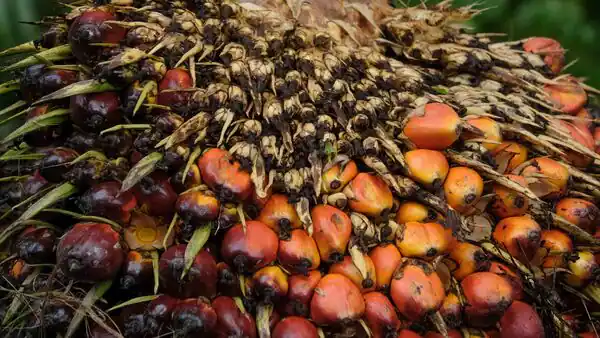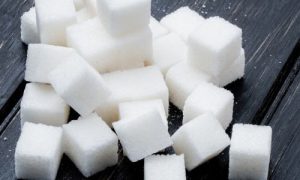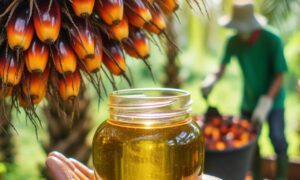Nigeria’s top palm oil makers’ profit to hit N161bn as prices climb

Nigeria’s palm oil sector is set for record profits in 2025, with Okomu and Presco projected to post N161 billion in combined PAT. Surging global CPO prices, naira devaluation, and rising demand are driving growth. Afrinvest sees strong investor potential amid underutilized land and sector undervaluation.
Nigeria’s leading palm oil producers are poised to post record profits of N161 billion in 2025, driven by surging crude palm oil (CPO) prices and strong operational fundamentals, according to a new report by Afrinvest West Africa.
The report projects that the combined profit before tax (PBT) of Okomu Oil Palm Plc and Presco Plc, Nigeria’s two listed palm oil giants, will rise 38.8 percent year-on-year from N166.8 billion in 2024 to N231.5 billion in 2025, while profit after tax (PAT) is estimated to jump 36.8 percent to N161 billion.
This bullish forecast is underpinned by expectations that global CPO prices will climb to $1,200 per metric tonne (MT) by the end of 2025, up from the current $900/MT. The price rally is being driven by supply disruptions, intensified biodiesel demand in Southeast Asia, and easing trade tensions between major economies like the U.S. and China.
“With global supply tightening as Indonesia and Malaysia ramp up domestic biofuel mandates, Nigeria stands to benefit from elevated international prices and widening domestic supply gaps,” Afrinvest said in its 2025 Oil Palm Sector Update.
In 2024, local palm oil prices surged 56.8 percent year-on-year to N420,906 per MT, reflecting the ripple effect of global price movements, naira devaluation, and imported input inflation. These tailwinds helped boost industry revenue by a staggering 90.2 percent to a record N337.7 billion—N207.5 billion from Presco and N130.2 billion from Okomu.
Despite inflationary pressures and rising costs of production, aggravated by a 46.2 percent naira depreciation and elevated energy costs, profit margins widened. Presco and Okomu’s resilience stemmed from higher production volumes, capacity optimisation, and improved operational efficiency
Afrinvest expects profitability to remain strong in 2025, supported by stabilising foreign exchange conditions, softening energy costs, and easing finance costs. With CPO prices on the rise and Nigeria still grappling with a domestic supply shortfall of 450,000 MT, the oil palm sector is emerging as one of the country’s most promising non-oil growth frontiers.
While Nigeria is the fifth-largest oil palm producer globally, contributing just 1.9 percent of global output, it continues to trail consumption significantly. Local production was flat at 1.5 million MT in 2024, while demand grew 4.6 percent to 2 million MT.
Industry players and analysts believe that with over 2.5 million hectares of underutilised arable land and increasing investor interest, Nigeria has a chance to reclaim its former “Red Gold” glory if backed by strong policy reforms, investment in mechanisation, and a national strategy linking production to the biofuels value chain.
At current market valuations, Nigeria’s palm oil sector remains deeply discounted relative to global peers. The sector’s price-to-earnings (P/E) ratio stood at 9.7x in 2024, rising to 13.5x in Q1 2025, compared to 14.5x globally. This undervaluation, Afrinvest noted, presents a compelling upside for long-term investors.
Presco shares have been rated “ACCUMULATE” with a target price of N1,462.65, indicating a 14.7 percent upside. Okomu was rated “HOLD” with a fair value of N842.31.
As global edible oil markets continue to adjust to climate shocks, geopolitical risks, and energy transitions, Nigeria’s oil palm sector could be entering a golden era—if it plays its cards right.
To Read more about Edible Oil News continue reading Agriinsite.com
Source : Business Day















